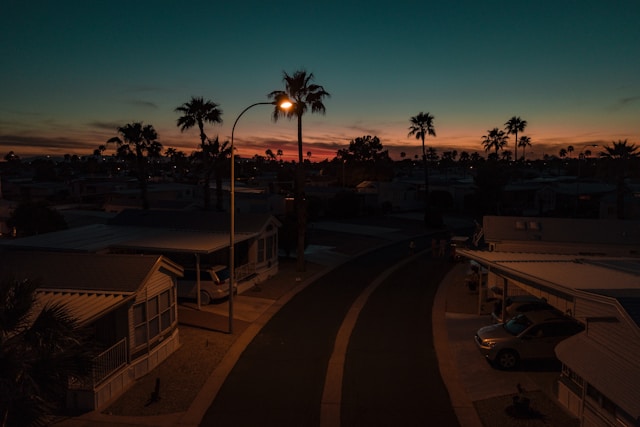Mesa, Arizona, with its captivating desert landscapes, vibrant cultural scene, and a mix of urban and suburban charm, attracts a diverse array of visitors throughout the year. This influx of tourists makes Mesa an ideal location for Airbnb and other short-term rentals (STRs).
However, operating an STR in Mesa requires a clear understanding of local regulations to ensure compliance and a successful rental operation. This comprehensive guide delves into the specific regulations governing short-term rentals in Mesa, AZ, providing hosts with the essential information needed to navigate the regulatory landscape effectively.
Overview of Short-Term Rental Regulations in Mesa
The City of Mesa has implemented a set of regulations aimed at balancing the economic benefits of short-term rentals with the needs and well-being of local residents. These regulations ensure that STRs contribute positively to the community while maintaining safety and order.
Licensing and Registration
- Business License: All short-term rental operators in Mesa must obtain a business license from the city. This involves submitting an application with details about the property and the rental operation.
- STR Registration: In addition to a business license, Airbnb hosts must register their short-term rental properties with the City of Mesa. This registration process includes providing information on the property location, ownership, and compliance with safety standards.
Tax Obligations
Airbnb hosts in Mesa are required to collect and remit several taxes:
- Transaction Privilege Tax (TPT): Often referred to as the sales tax, the TPT applies to all short-term rental income. The current TPT rate for Mesa is 2.0%.
- Arizona State Lodging Tax: This tax is collected on all short-term rentals and must be remitted to the Arizona Department of Revenue.
Hosts must register with the Arizona Department of Revenue to manage these tax obligations and can often use Airbnb’s automated systems for tax collection and remittance.
Top 100 Airbnb Rental Markets

Instantly compare the top 100 short-term (Airbnb) rental markets in the US
Safety and Compliance Standards
- Safety Inspections: STR properties in Mesa must comply with local safety standards. This includes having functioning smoke detectors, carbon monoxide detectors, and fire extinguishers. Regular safety inspections may be conducted by the city to ensure compliance.
- Insurance Requirements: While not always mandatory, it is highly recommended that hosts maintain adequate liability insurance to cover any potential damages or injuries that might occur during a guest’s stay.
Neighborhood and Community Considerations
- Noise Ordinances: Mesa enforces noise ordinances to ensure that short-term rentals do not disrupt the peace in residential neighborhoods. Hosts are responsible for ensuring that their guests adhere to these regulations, especially during nighttime hours.
- Parking Regulations: Adequate parking must be provided for guests. Hosts should ensure that the rental does not negatively impact neighborhood parking availability.
- Trash Management: Proper disposal of trash and adherence to recycling guidelines are mandatory. Hosts must provide clear instructions to guests on how to handle waste during their stay.
Steps to Ensure Compliance
To operate a compliant Airbnb in Mesa, follow these essential steps:
- Obtain Necessary Licenses and Permits: Start by applying for a business license and registering your short-term rental property with the City of Mesa. Ensure all documentation is accurate and complete.
- Register for Tax Collection: Set up accounts with the Arizona Department of Revenue to collect and remit the Transaction Privilege Tax and lodging taxes. Utilize Airbnb’s tax collection features if available to simplify this process.
- Prepare Your Property: Ensure your property meets all safety and compliance standards. Make any necessary adjustments based on the feedback from inspections or regulations.
- Educate Your Guests: Provide guests with a comprehensive house manual that includes guidelines on noise, parking, and trash disposal to ensure they respect local norms and regulations.
- Stay Informed: Regulations can change, so it’s crucial to stay updated on any modifications to STR laws in Mesa by regularly checking the city’s official communications or participating in local host forums.
Resources for Airbnb Hosts in Mesa
- City of Mesa Official Website: Provides up-to-date information on STR regulations, licensing procedures, and tax obligations.
- Arizona Department of Revenue: Offers resources for tax registration and compliance.
- Local Business Associations: Joining local business associations can provide support, advocacy, and education on best practices for STR operators.
By understanding and adhering to these regulations, Airbnb hosts in Mesa can ensure their operations are both legal and beneficial to the community. Whether you are just starting out or looking to refine your existing operations, this guide serves as a valuable resource for navigating the complexities of STR laws in Mesa, AZ.


